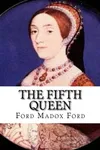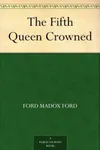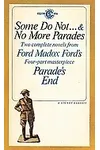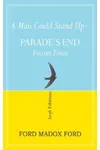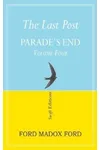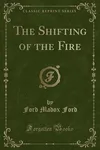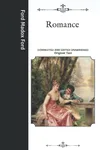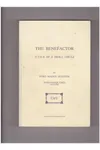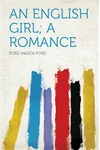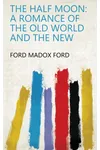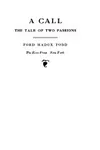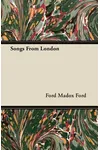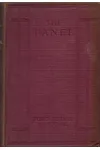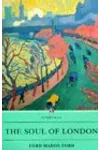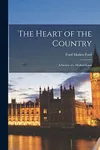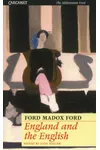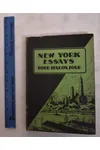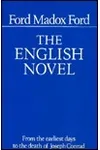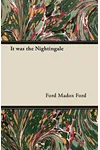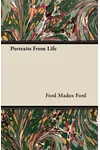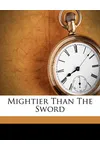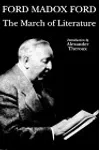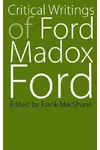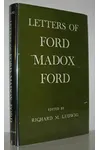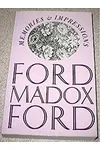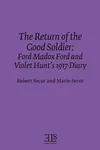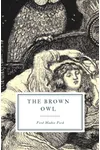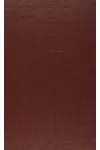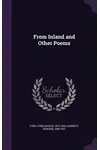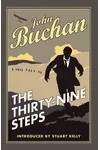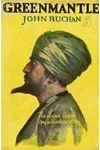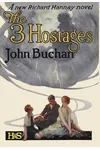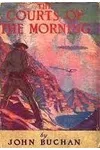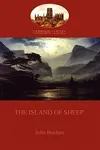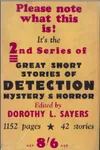Picture an English storyteller who spun tales of love, war, and betrayal with a modernist twist—meet Ford Madox Ford! Born in 1873, this novelist, poet, and editor crafted over 60 works, including the heart-wrenching 'The Good Soldier' and the epic 'Parade's End.' With a knack for unreliable narrators and a life as colorful as his stories, Ford’s legacy still captivates readers today.
The Making of Ford Madox Ford
Born Ford Hermann Hueffer in Merton, Surrey, Ford was steeped in art from the start. His father was a German musicologist, and his grandfather, the Pre-Raphaelite painter Ford Madox Brown, inspired his creative spark. Young Ford hobnobbed with literary elites, soaking up influences from the Victorian era’s tail end. By his twenties, he was churning out novels and collaborating with Joseph Conrad, honing a style that danced between impressionism and psychological depth.
Ford’s early career wasn’t just about writing—he was a literary hustler. He founded 'The English Review,' a magazine that debuted works by D.H. Lawrence and Ezra Pound, shaping the modernist movement. His restless spirit led him to France, the U.S., and even the trenches of World War I, experiences that flavored his later masterpieces.
Ford Madox Ford’s Unforgettable Stories
Ford’s crown jewel, 'The Good Soldier' (1915), is a tale of passion and deception told by a narrator you can’t quite trust. Its non-linear storytelling and emotional gut-punches make it a modernist classic. Then there’s 'Parade’s End' (1924–1928), a tetralogy following Christopher Tietjens, a stoic Englishman navigating love and war. Critics still swoon over its vivid prose and moral complexity.
His style? Think layered, lyrical, and a bit like eavesdropping on someone’s messy life. Ford pioneered the 'unreliable narrator,' letting readers piece together truth from biased accounts. Works like 'The Fifth Queen' (1906–1908), a historical trilogy about Catherine Howard, showcase his knack for blending fact with fiction. Themes of loyalty, heartbreak, and societal upheaval run through his stories, reflecting his own turbulent relationships and wartime scars.
Ford also left a quirky legacy with his 'page 99 test'—he believed you could judge a book’s quality by flipping to page 99. It’s a fun, if eccentric, way to size up a novel, and it’s still debated by book lovers today!
Why Ford Madox Ford Matters
Ford’s influence stretches far beyond his books. As an editor, he championed emerging voices, helping define 20th-century literature. His innovative techniques—stream-of-consciousness, fragmented narratives—inspired writers like Graham Greene and Ernest Hemingway. 'The Good Soldier' and 'Parade’s End' remain staples in modernist studies, their themes of human frailty resonating across generations.
His personal life, with its scandals and reinventions, mirrors the drama of his fiction. Ford wasn’t just a writer; he was a literary catalyst, sparking ideas that still glow in classrooms and book clubs. His work reminds us that truth is slippery, but storytelling can make it unforgettable.
- Born: December 17, 1873, Merton, Surrey, England
- Key Works: 'The Good Soldier,' 'Parade’s End,' 'The Fifth Queen'
- Fun Fact: Collaborated with Joseph Conrad on two novels!
- Died: June 26, 1939, Deauville, France
Ready to dive into Ford’s world? Snag 'The Good Soldier' and unravel his modernist magic!
